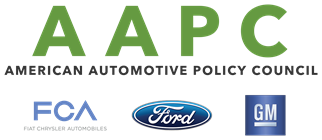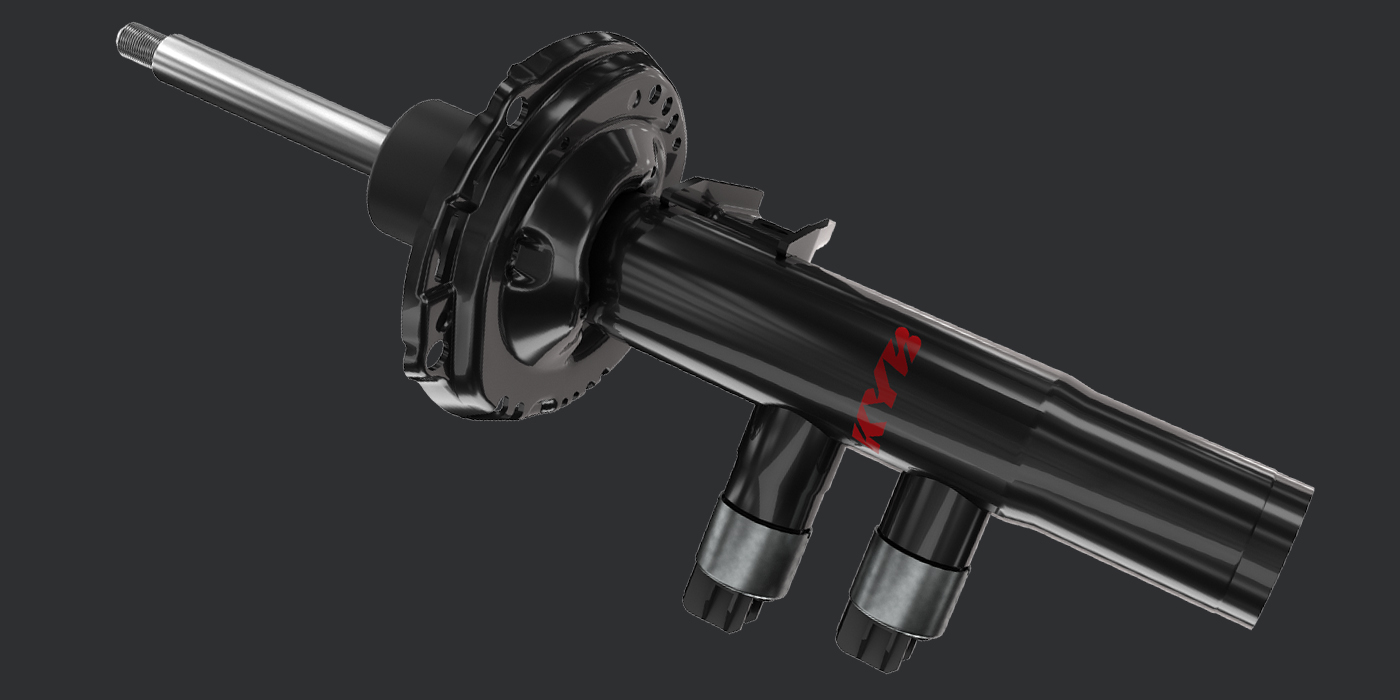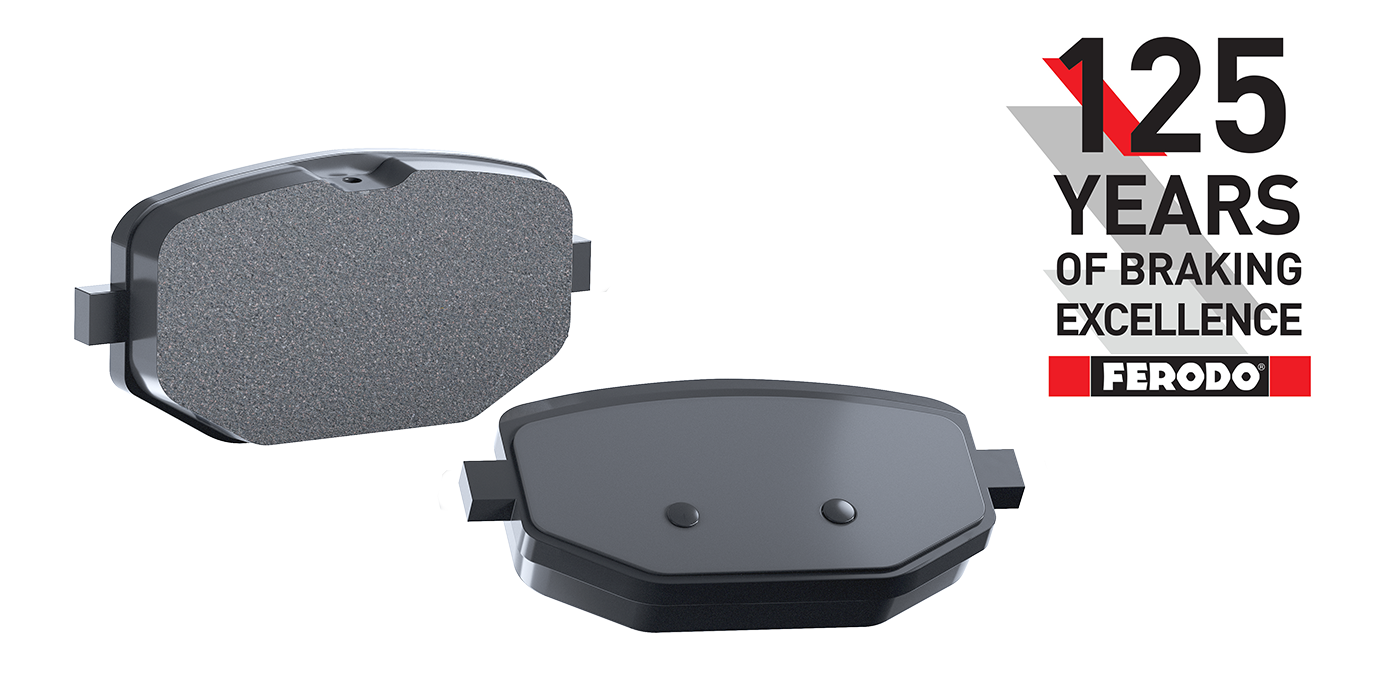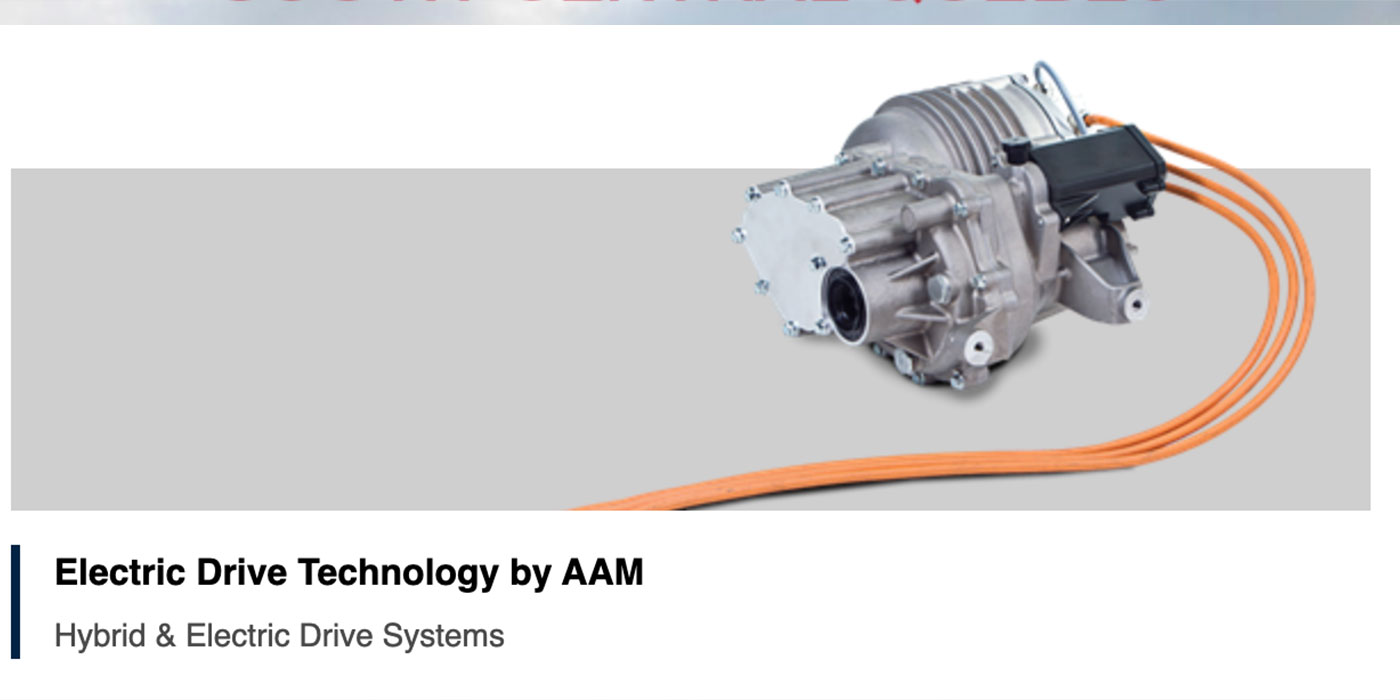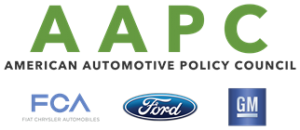 FCA US, Ford and General Motors (GM) are spearheading the revival of manufacturing in America with operations that support millions of American jobs, according to a new report on the U.S. auto industry from the American Automotive Policy Council.
FCA US, Ford and General Motors (GM) are spearheading the revival of manufacturing in America with operations that support millions of American jobs, according to a new report on the U.S. auto industry from the American Automotive Policy Council.
The council has issued its annual “State of the U.S. Automotive Industry” report for 2016, offering a detailed and thorough examination of the economic impact of automakers in America. The report indicates that the “Big Three” are having the biggest impact on American jobs and our economy.
“We know FCA US, Ford and General Motors employ two out of three of U.S. autoworkers, produce more of their vehicles and buy more of their parts in the U.S. than their competitors. What is not widely known is their deep investments in research and development and the significant capital investments they make every year in their plants and facilities,” said former Missouri Gov. Matt Blunt, president of the American Automotive Policy Council. “This report specifically examines the across-the-board contributions of automakers in the U.S., and we are pleased the findings show that FCA US, Ford and General Motors are leading the revival of manufacturing in America.”
Key Findings in the Report
U.S. Investment
- FCA US, Ford and GM produce more of their vehicles, buy more of their parts and conduct more of their R&D in the U.S. than their competitors.
- FCA US, Ford and GM employ two out of three of America’s autoworkers and support millions of American jobs.
Research and Development
- The auto industry ranks second out of 40 industries in global R&D.
- Together, FCA, Ford and GM invest more than $18 billion in R&D every year, and each company alone spends more than some of the world’s leading technology companies.
Plants and Infrastructure
- FCA US, Ford and GM produced nearly 6.5 million cars and trucks across the U.S. last year — thanks to their 28 assembly plants and 198 manufacturing facilities, labs and other major U.S. facilities.
- Over the past six years alone, FCA US, Ford and GM invested more than $30.8 billion in expanding and upgrading these facilities.
The report also noted that in an industry as competitive and capital intensive as auto manufacturing, trade agreements, tax policy, currency policy and regulations have an enormous impact.
“The long-term success of any American research lab or assembly plant depends, in part, on how government policies affect an automaker’s ability to compete,” said Blunt. “The U.S. should address currency manipulation and international safety standards inside trade agreements, when possible, in order to strengthen the U.S. economy, and create new manufacturing jobs.”
For more information on findings and to view the full report, click here.

